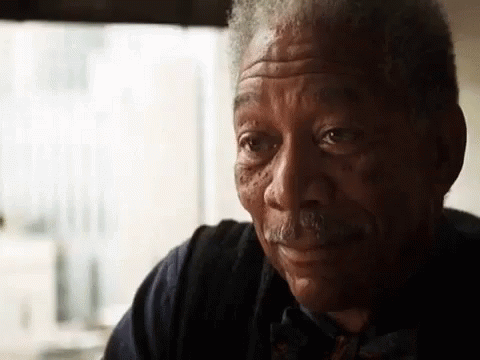I have no idea what ethnicity your kids are, but I think it is valuable for ALL kids to understand our history of racism, at least once they are old enough to process it. Why is that controversial?
Do you
really think that the way to educate children who are not white about "our" history of racism is to have them encounter HPL or REH's caricatures and pejoratives on the shelf of their local public library?
My view is that when someone lives their life having the sorts of encounters that
@AbdulAlhazred described upthread, they don't need further "education" of that sort.
Where did I imply that your kids should need you to protect them? I don't see how this follows as a response to anything said. I'm merely saying that I think a parent should have more of a say in what their kid can read than a governmental agency, or some approved list or section of the library.
Again, I'm not really sure how you're connecting this to anything I've said. And I'm not clear what your suggestion is with regards to Howard and Lovecraft in a public library. You want a special section for all books that don't fit today's standards? And whose standards? Who decides?
I said that I think these works are better catalogued and shelved as "literature of historical significance" - from memory that would be somewhere in the 800s; the same general place, for instance, where one might find Marquis de Sade - than under juvenile fiction.
We wouldn't have books telling white kids that they are "mongrels" or sub-human, as if that was a completely uncontroversial proposition, shelved in the ordinary juvenile fiction section. Why should other children have to be subjected to that, or need to have their parents protecting them from encountering racist stuff?
Who decides? I assume librarians are up to this task. Cataloguing books is part of what they are trained to do. And If a parent thinks its important that their kids read REH or HPL they can always track it down for them - a few months ago I encouraged one of my children to read Tower of the Elephant as I think it is REH's best story and a model of the fantasy short story.
Are these open-ended questions that you're entertaining, or are you just be contrarian to whatever I happen to say, even if it is in basic agreement with something you said?
I was reiterating that I had not made a normative statement. Casting LotR is not trivial, because the work portrays a particular, morally-laden conception, of human peoples and the human condition. I don't know how much Peter Jackson thought about it, but he was in a difficult position, both in terms of presenting the story he was setting out to present, and
also providing opportunities for actors and extras in NZ.
To choose a quite different example that still has some resemblances: imagine if we cast The Quiet American being indifferent to the race of the actor playing Phuong. Something might be lost. But presenting Greene's conception would not be straightforward either, in part because Greene's vision was complicated (I like this essay by Zadie Smith:
Zadie Smith on the genius of Graham Greene).
Thankfully I don't find myself having to cast films! I have different practical problems, arising from my professional and personal life, that push me to move from analysis to normatively-informed decision.



